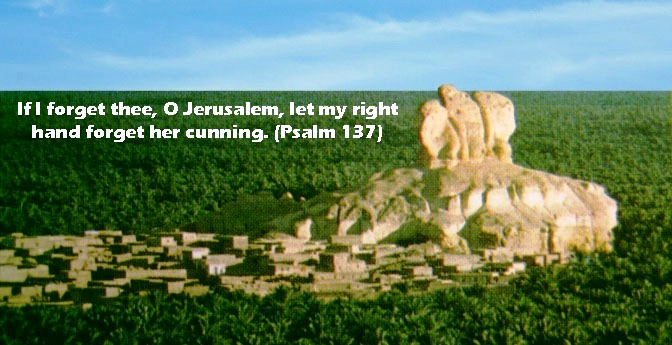-
Toponymy Simplified
Toponymy is the study of place-names, including their origins, meanings, usage and types. Toponymic research is based on etymological, historical, and geographical information concerning the place-name in question. A place-name (or toponym) is a word or words used to indicate, denote, or identify a geographic locality: town, city, river, mountain, etc. Toponymy divides toponyms, (placenames), into…
-
The myth of universal deluge
The archaeological record outside of Mesopotamia does not support a universal flood model. All of the evidence, both biblical and scientific, leads to the conclusion that the Noachian deluge was a local, rather than universal, flood.
-
Pre-Greek
The lexicon of Ancient Greek contains hundreds of foreign words. These words can be recognized, because they do not correspond with the Greek outcomes of Indo-European phonology and corresponding sound laws. Moreover, the semantics of many Greek words are obviously not Indo-European, since their concepts were absent in this language of nomadic pastoralists from the…
-
Simon Peter: Meaning & Etymology
“Σίμων/Simon”, “Κηφᾶς/Cephas” and “Πέτρος/Peter” are the New Testament’s three different names for St. Peter. These names have long given rise to numerous scholarly theories and explanations. Here is an anthroponymic approach to the meaning and etymology of Simon, Peter and Cephas.
-
Semitic and Indo-European words
There is a compelling “lexical similarity” between Semitic and Indo-European languages. These two families, share many cognate words. Some of these words underwent phonetic changes, and became: “camouflaged cognates”, while others are still “explicit cognates”. a Cognate is a word which is historically derived from the same source as another word. For example: The Arabic…
-
Hebrew: meaning and etymology
It is generally agreed that (ăpăr), in ancient Hebrew, denotes dust and similar material.
-
Meaning of Qatar & Qatraye
The name “Qatraye” is derived from “ܩܵܛܹܪ/qāṭīr” which means: “Line”.
